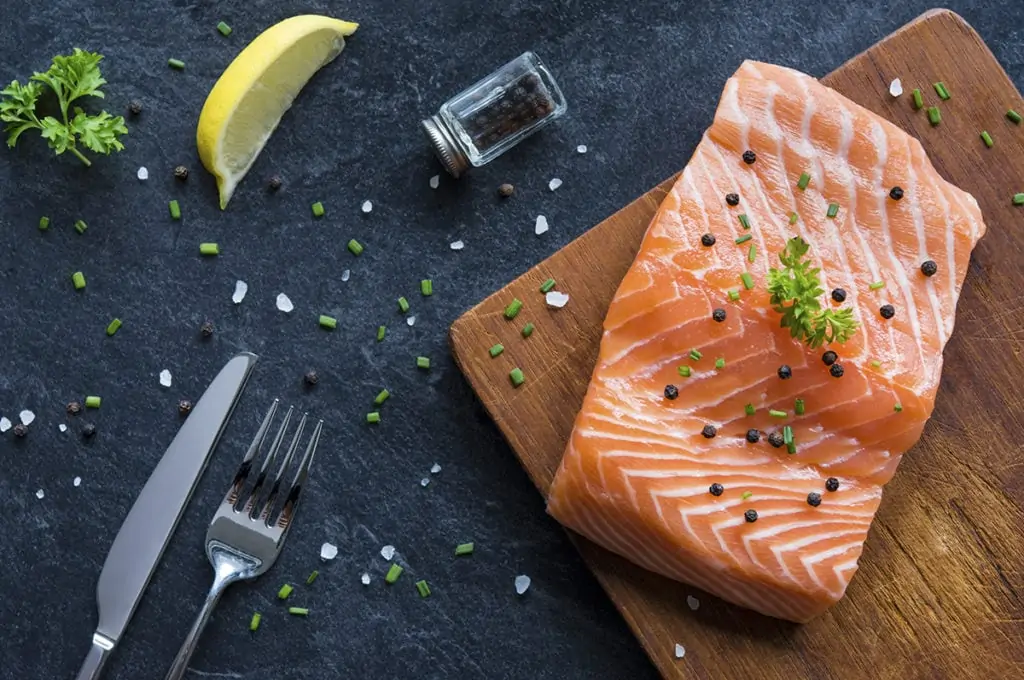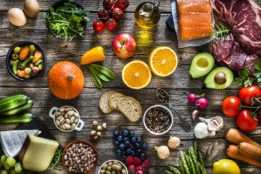Foods for Healthy Eyes and Healthy Vision

We eat foods that give us energy, prevent diseases, help us lose weight and make our bones and bodies strong. But do we eat the right foods for healthy eyes?
People who eat a healthy diet that includes lots fruits and vegetables – one that’s also low in saturated fats and sugar – can usually get all the vitamins and minerals they need for healthy eyes and healthy vision. However, by adding certain powerhouse foods to your grocery shopping basket, you can be sure you get the right nutrients you need for healthy eyes.
For instance, eye-healthy foods may reduce your risk of cataracts or help delay their progression. And people who eat a diet high in vegetables and fruit have a lower incidence of age-related macular degeneration (AMD), which occurs when the cells in the retina wear out. AMD is a major cause of blindness and visual impairment in older adults. Good eye nutrition is also important to protect the investment people make in vision correction treatments such as LASIK.
Here’s a list of the nutrients you need to eat to maintain eye health and good vision and the foods that are good sources of those nutrients:
Antioxidants (vitamins C and E)
Antioxidants are substances that help protect cells against damage from harmful free radicals which the body produces when it is exposed to harmful elements such as sunlight, cigarette smoke and air pollution. The protective qualities of antioxidants are valuable for every cell in the body, including those in the eyes. You can find antioxidants in dark leafy green vegetables such as kale and spinach and citrus fruits and berries such as oranges, grapefruit, strawberries, blueberries and apples (with the peel). Almonds, egg yolks, sunflower seeds and wheat germ oil are other good sources.
Carotenoids (beta-carotene, lycopene, lutein and zeaxanthin)
Carotenoids are organic pigments – the bright red, yellow and orange hues in many fruits and vegetables. There’s some evidence that the carotenoids lutein and zeaxanthin may help protect against cataracts, with people taking high amounts having a reduced need for cataract surgery. One of the carotenoids, beta carotene, helps the retina and other parts of the eye to function smoothly. Foods to eat include carrots, tomatoes, sweet potatoes, Brussel sprouts, egg yolk, maize and orange peppers.
Minerals (copper, zinc and selenium)
Selenium is another vital mineral for good eye health and can help prevent cataracts. Brazil nuts, tuna, eggs and cottage cheese all contain selenium. A study by the National Institute of Health (NHI) into age-related eye diseases found that taking high doses of vitamins C and E, beta-carotene or lutein and zeaxanthin, plus zinc and copper (the two minerals need to be taken together for proper absorption), can slow the progression of AMD. The best food sources for copper are liver, shellfish, wholegrain cereals, nuts and legumes. For zinc, eat red meat, shellfish, dairy products and eggs.
Omega-3 fatty acids
A number of clinical studies have shown that omega-3 fatty acids are essential for normal infant vision development. And several studies suggest that omega-3 fatty acids may help protect adult eyes from macular degeneration and dry eye syndrome. They can also help stop abnormal blood vessels from building up in the retina, preventing retinopathy, a complication of diabetes that can lead to serious eye problems. Foods to eat include fatty fish such as salmon, which are rich in DHA, a fatty acid found in your retina (low levels of which have been linked to dry eye syndrome), flaxseeds, dark green leafy vegetables, walnuts, soybean oil and avocadoes.
Polyphenols
Some initial studies have suggested plant polyphenols can help prevent eye disease by defending your eyes against ultraviolet radiation. That’s good news if you like dark chocolate, tea, coffee and red wine! Other foods to add to your diet include cereals and dry legumes.
Vitamin B complex
Studies into vitamin B nutrition have shown positive results for eye health, such as preventing and treating cataracts and reducing the risk of AMD. They can also strengthen the cornea, delaying the onset of keratoconus, an eye disorder. Vitamin B cannot be stored in the body, so get your daily quota from eggs, fresh vegetables, whole cereals, dairy products, sunflower seeds, meat and turkey.
Some people may benefit from taking vision supplements. If this is something you’re considering, check with your physician or eye doctor first and ask for supplement recommendations including specific nutrients and amounts to add to your diet.
Whether or not you are having vision problems, make sure you have an annual eye exam. If changes to your vision have you reconsidering your options in vision correction, be sure to bring it up with your doctor to discuss all your options.




